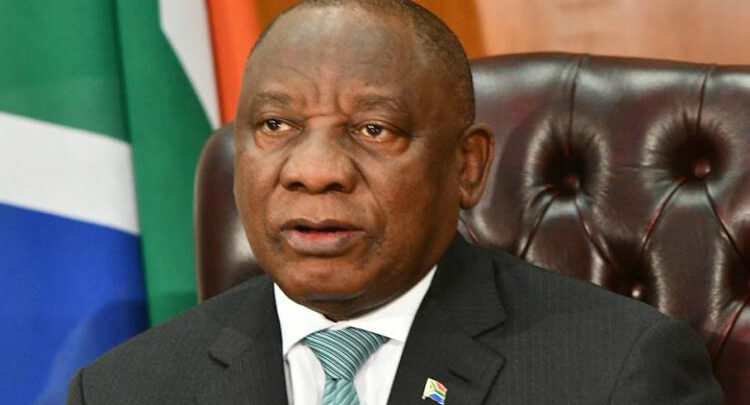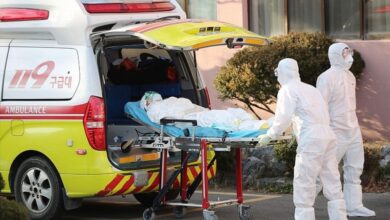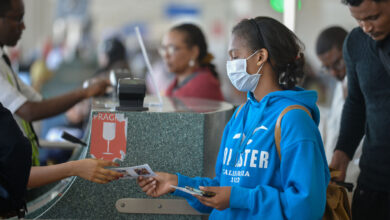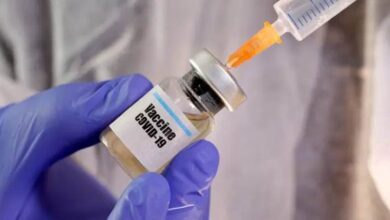South Africa
South Africa To Receive First Consignment Of COVID-19 Vaccines On Monday

South Africa is set to receive its first consignment of COVID-19 vaccines on Monday, February 01, 2021. President Cyril Ramaphosa and Deputy President David Mabuza will receive the shipment, reported CGTN Africa.
They will be joined by Minister of Health Dr. Zweli Mkhize, Acting Minister in the Presidency Khumbudzo Ntshavheni, High Commissioner of the Republic of India His Excellency Jaideep Sarkar, and Dr. Morena Makhoana, Chief Executive Officer of Biovac.
The Serum Institute of India has been licensed to produce a vaccine that has been developed by the multinational pharmaceutical and biopharmaceutical company, AstraZeneca, in collaboration with the University of Oxford.
Minister of Health Zweli Mkhize said the arrival of the vaccines from the Serum Institute of India is “a massive achievement of unprecedented proportions”.
The arrival of the first batch of vaccines at OR Tambo International Airport marks the beginning of the vaccine rollout which President Ramaphosa describes as the largest and most complex logistical vaccine undertaking in the country’s history.
The consignment will first undergo quality checks, which is going to take between 10 and 14 days. The first one million shots of the AstraZeneca-Oxford vaccine will be used to inoculate South Africa’s healthcare workers over the next three months. After the healthcare workers, other high-risk groups such as the elderly, people with comorbidities, and essential workers such as police and teachers will get the vaccine. The third phase will target everyone else above the age of 18.
The second batch of 500,000 vaccine shots is scheduled to arrive later in February.
Notably, South Africa is the most coronavirus affected African country, registering almost 1.5 million confirmed cases and nearly 44,000 related deaths. In January, the number of new daily infections has increased to more than 20,000, the vast majority of whom could be traced back to a new strain identified last year.
The potent new 501Y.V2 variant is thought to be 50 percent more transmissible than previous variants.






